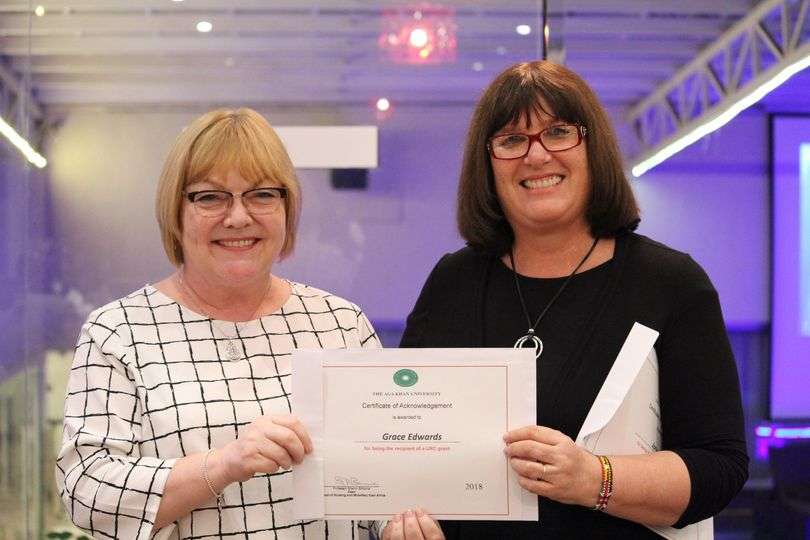The Employment and Labour Relations Court has granted Flora Vihenda Mwala, a former executive assistant at the Aga Khan University, Ksh. 3 million in compensation for unjust termination of employment over alleged reading and disclosure of private e-mails. In a ruling dated August 11, 2023, made by Judge Stella Rutto, she declared that the claimant’s termination from employment by the respondent was unfair and unlawful.
The claimant is awarded compensatory damages in the sum of Ksh. 1,713,120.00, equivalent to 12 months of her gross salary and Ksh. 2,000,000 for violation of her constitutional right to have her dignity respected and protected.

Flora Mwala was employed by Aga Khan as an executive assistant with effect from November 2, 2009, and was assigned to work under Prof. Yasmin Amarsi, the then Dean of the Faculty of Nursing and Midwifery. According to Mwala, she worked diligently, and in 2014, she was honoured as the respondent’s employee of the year. However, following the retirement of Prof. Yasmin, Aga Khan appointed Prof. Sharon Brownie as the new dean of the faculty.
It is Mwala’s case that Prof. Brownie developed a dislike for her, and there was no fusion of chemistry between her and the new dean (Prof. Brownie). In furtherance of her dislike, Prof. Brownie initiated communication with the Aga Khan’s Vice President, Human Resources, touching on the person of Mwala. In Mwala’s view, the said communication pointed to a conspiracy, a plot, or a scheme to demean, vex, degrade, dehumanize, devalue, and frustrate her to cause her agony, anguish, pain, sorrow, deprecation, trauma and probably lead her to resign from her employment through acts akin to constructive dismissal.
She was later suspended from duty through a letter dated July 4, 2016, and eventually terminated from employment on March 8, 2018. It is against this background that she sought compensation for an unfair termination.
However, Aga Khan claimed in a quick rejoinder that Mwala was caught monitoring the Dean’s email while covertly hiding her access to the email. Mwala, however, claimed that upon assuming office, Prof. Sharon Brownie designated her as a delegate to her email communications. She was granted permission to access folders concerning the dean’s calendar, tasks, inbox, contacts, and notes. As a delegate, she was granted permission to read, create, and modify items.
It was Mwala’s testimony that it was in the course of her appointment and in furtherance of the mandate to read the email communication of the Dean that she began encountering troubling emails being exchanged between the Faculty Dean and Aga Khan’s Vice President, Human Resources.
She was saddened to read emails describing her work performance as useless and the allegation that she was of zero help to the former dean. She was even greatly traumatized by the allegation that a performance review was to be done right away for her and that this performance review was intended to document disappointment.
Aga Khan’s Human Resource-Business Partner, Ms. Vickie Adiedo, testified that Prof. Brownie actively engaged Mwala, setting out her expectations of an executive assistant, identifying the areas in which she fell short, and seeking to work with her to get up to speed. These attempts did not go down well with Mwala, leading to tension between the two. It was further claimed that Mwala had lost the dean’s trust and confidence and that she could not therefore resume her position as the executive assistant to Prof. Brownie.
The judge noted that it is also apparent that the claimant’s exit from the respondent’s employment was premeditated between her supervisor and the respondent’s vice president of human resources and had nothing to do with misconduct on her part”.




